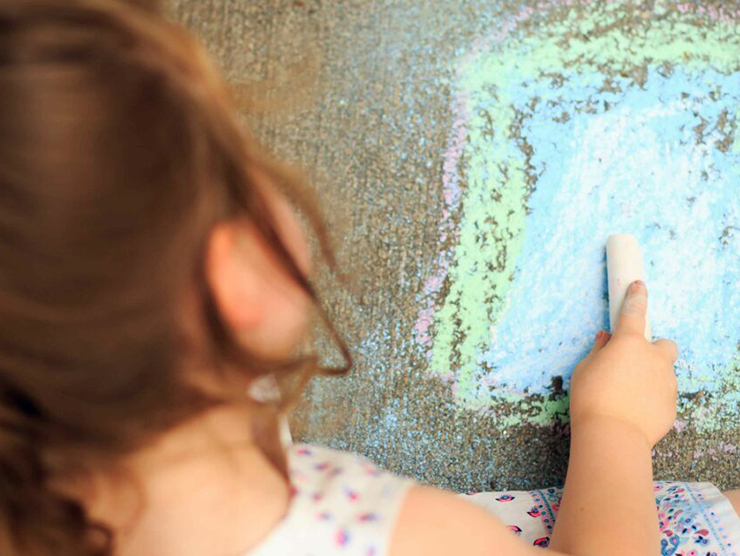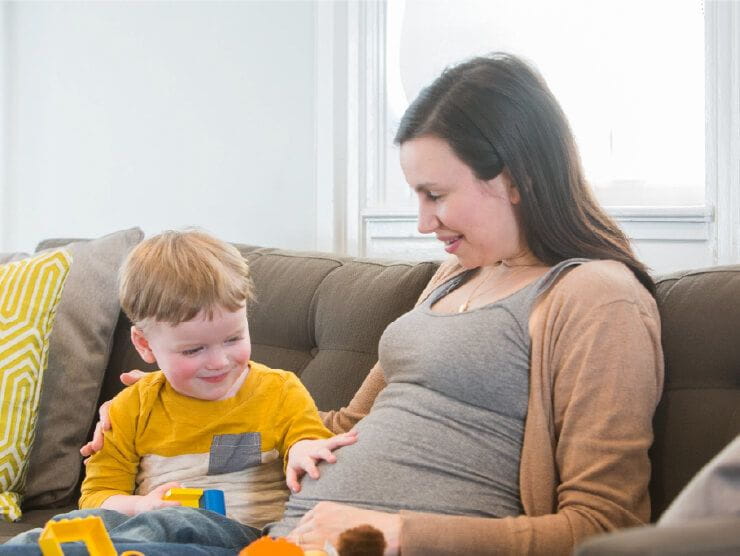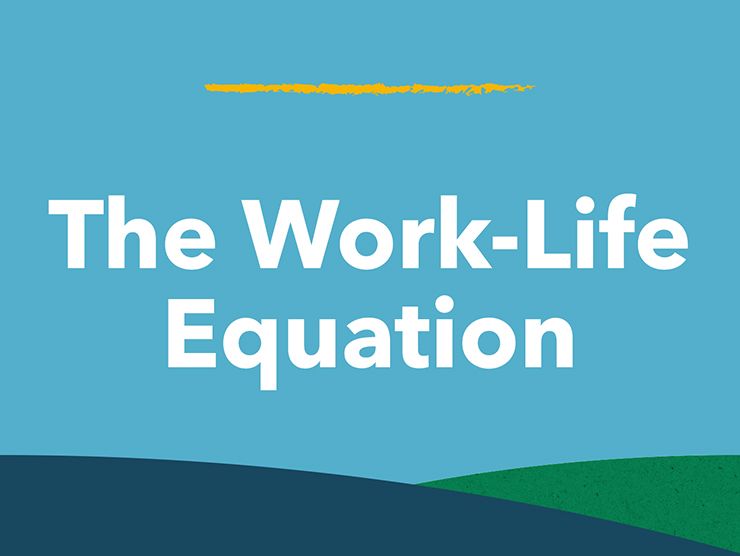As fathers, our relationships with our children change over time as our children grow and mature and also as we grow and mature. Rather than being a static role that we step into that stays the same throughout our lives, the meaning of being a dad is constantly changing.
The role of a father starts to change as soon as the the start of pregnancy and continues to change after birth. And not only do our roles evolve as our children develop and change, but also as our own lives change. Such changes could include a new job, going back to school, loss of a job, becoming a primary parent, etc. Sometimes unusual circumstances, such as a military deployment, the loss of a family member through death, parenting through divorce, or other such crises result in significant changes to our roles as dads as well.
Expectant for New Dads to Be
The transition to becoming a father may be one of the biggest changes in a mans life. Many men already feel the weight of being a provider even when both parents contribute to the household income, but many report an increase in pressure when they also have a child to provide for.
There is also pressure as well as a desire to "be involved" with the child as expecting dads. Over 90% of resident fathers, those who live with the childs mother, were reported to be highly involved in prenatal activities and experiencing pregnancy for dads, such as discussing the pregnancy, viewing the ultrasound, or listening to the babys heartbeat.
Yet, there is a lot to being a dad for which there is no formal preparation.
- Dads may be expected to be the disciplinarian, and understand child development and appropriate child behavior as well as expectations for children of varying ages.
- Dads may be expected to be a primary play mate or be a coach for our childrens sports teams, whether aspiring to those roles or not. Some of these expectations are spoken and some are unspoken, but just understood they will be taken on as part of becoming a dad.
- Some dads find that the expectations include teaching skills or providing guidance like being the homework helper, handy person around the house, or teaching a child to ride a bike, etc.
- Many dads are increasingly choosing to take on roles that dont mesh with traditional stereotypes, such as cooking with children, giving children baths, or putting them to bed. The less traditional the role, the less formal preparation there is to take it on.
Many fathers feel varying degrees of comfort with children at different stages of development (just as mothers do). For example, being a dad during the baby stage may be more enjoyable when children are fully dependent upon us for their feeding and overall care. However, other dads prefer when children are a little more verbal and interactive. It is good for us to know and be aware of what stages of our childs development are more or less comfortable for us. Just because we were less comfortable with one stage doesnt mean that we wont be comfortable with the next stage.
Fathers and Children: Relationship Statistics
The following data on fathers relationships with their children offers a perspective on "typical" dads. These statistics are just one snapshot into fathers interactions with their children, although the statistics come from a very large sample of thousands of fathers from the National Center for Health Statistics.
Offering support and physical affection for kids is important to the nurturing of young children and will help them thrive in life. Recent data found differences in this area between moms and dads.
In terms of offering appropriate physical touch and emotional support to children, both mothers and fathers are influenced by the physical affection and support they received themselves as children.
- The percentage of mothers and fathers who hugged their child every day in the month prior to the survey was higher for mothers than for fathers at every age group through age thirteen.
- For children ages zero through two, 90% of fathers and 98% of mothers hugged their child daily.
- By ages ten through twelve, the numbers decrease for both parents to 50% of fathers and 74% of mothers hugging their child daily. This is not surprising as other research shows that boys in general receive less physical affection than girls and the way we were parented influences our parenting
- In other areas of interaction with children, 81% of fathers reported playing with their child between the ages of zero and five daily; however, only 25% reported reading to their child daily. No comparison data with mothers was provided.
- As children start attending school, their relationships with their fathers continue to change and evolve. Among a sample of fathers of children ages five through eighteen, 64% reported talking to their children daily about what happened during the day, while only 29% reported helping their children with homework or checking that they did their homework.
Meaning of Being a Good Father
The roles of dads evolve and change as our children change and as we dads change. There is no one right way to be a good father and great parenting can look very different from one man to the next.
We do know that when fathers are present, we can make a difference in our childrens lives in many ways. When fathers are not present, children are resilient and have the potential to flourish in their families. Whatever our familys circumstances, the key to providing children a solid foundation is that at least one caring adult provides nurturing, caring, support and guidance.
The Work-Life Equation Podcast: Talking Fatherhood with Millennial Dads
What does fatherhood look like in 2018? Our very candid panel of modern working dads told us about stepping up as parents, dance classes on football Sunday, sharing the load with mom, redefining self-care, and “embracing the poop” in a job that’s harder – and more fun – than they ever imagined.
Resources Related to Fatherhood:
- Trying to understand the art of fatherhood? Find parenting tips for modern dads.
- We asked real dads: What does dad really want for Fathers Day?
- Were sharing 10 homemade Fathers Day gifts for kids to make and give to dad as Fathers Day presents. Get crafty with these gift ideas for dad.
- Celebrating Father’s Day includes remembering grandfathers who do so much for our kids. Dont forget to appreciate grandparents whether theyre with you or not.
- On Fathers Day, do you give dad the day off or plan a family outing or activity? Discuss in our parenting community.
- Get additional parenting resources and discussions about dads and Fathers Day on our Family Room blog.





